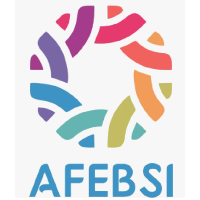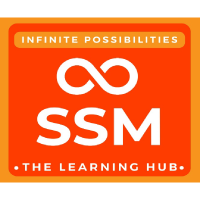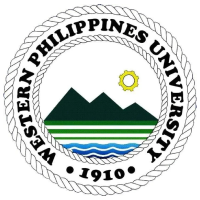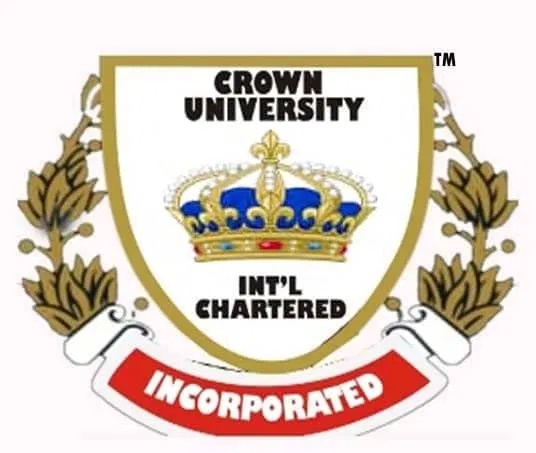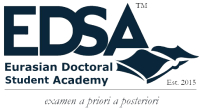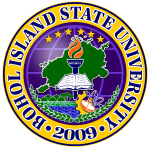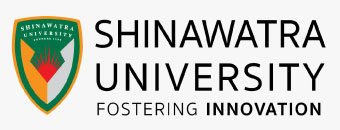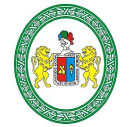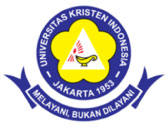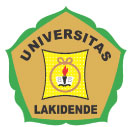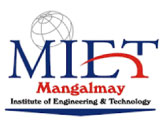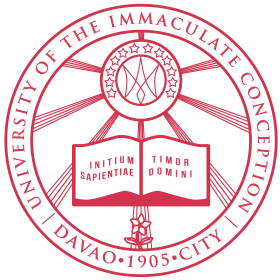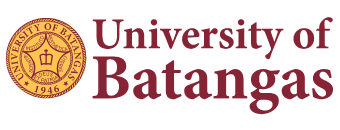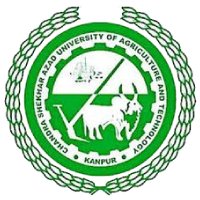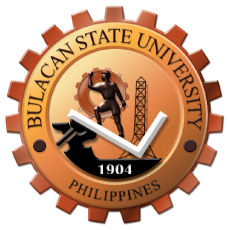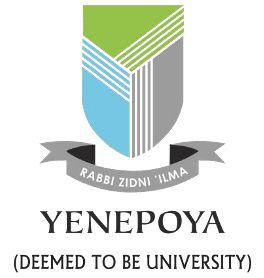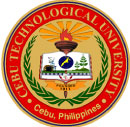Does your University/Institution have the potential
to be a, Beacon of Academic
Progress
& Advancement
IFERP Academic Partner:
Advancing Knowledge, Research, Education,
and Innovation for Impactful Collaboration.
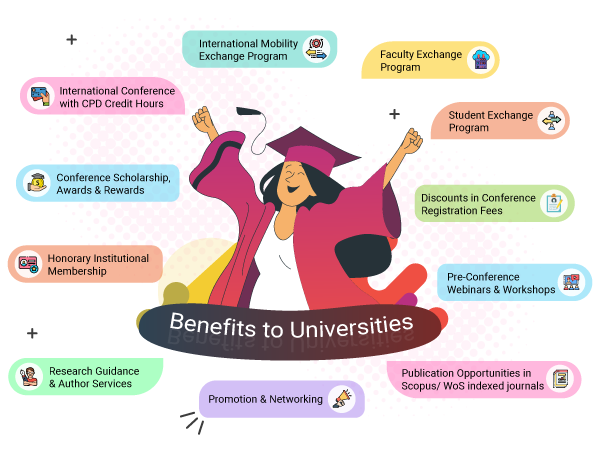
About IFERP Collaboration
Collaboration with IFERP in our global conferences to co-host events, showcase expertise, and boost visibility. This collaboration enables networking, research presentation, and connections with academic leaders.
Leading Universities and educational institutions came ahead with their hand open to collaborate with IFERP giving us opportunities to leave our footprints in several developing and developed countries.
IFERP partners with academic institutions and organizations worldwide to connect researchers and academicians through international events, membership services, and global chapters to enhance practical learning for students and scholars.
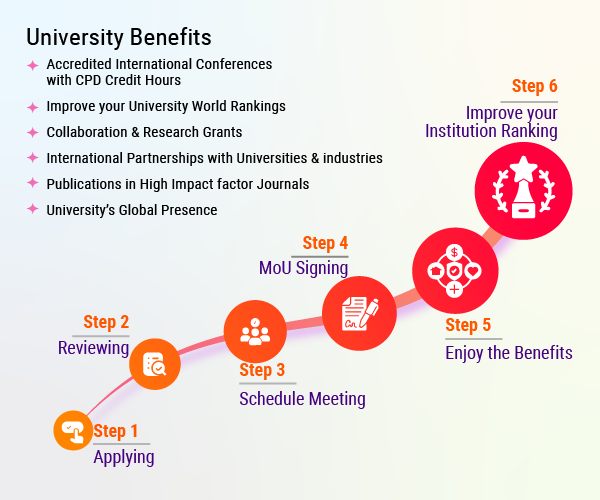
Glimpses of Our Memorable International Mobility Exchange Program!
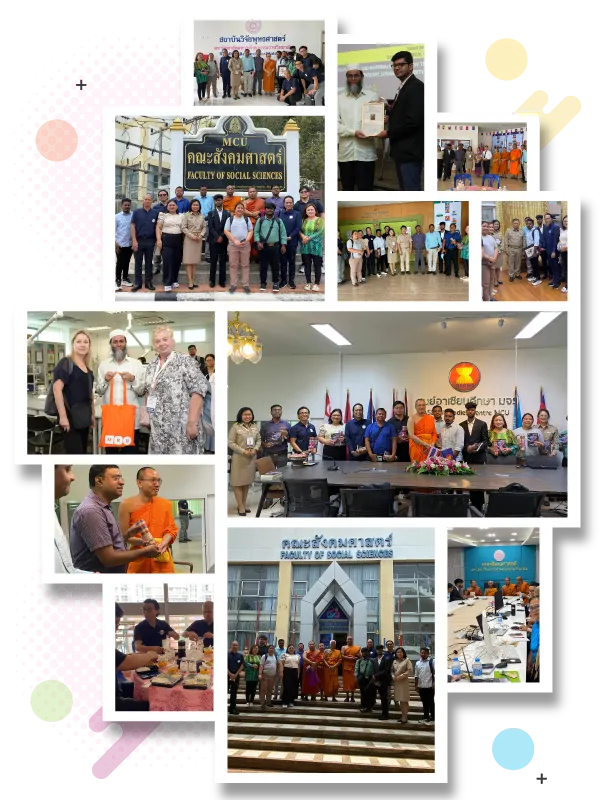
Sunway University provides a vibrant academic and research environment that captivates visitors. The university tours often held during major conferences allow participants to immerse themselves in cutting-edge innovations and forge valuable academic and professional connections. Sunway’s dedication to fostering global partnerships and excellence makes it a highlight for visitors.
Shinawatra University stands out as an innovative institution, offering participants an exclusive glimpse into its state-of-the-art facilities and academic excellence. The university tour complements conferences and events, allowing attendees to explore the institution's commitment to leadership, research, and educational advancement.
ASEAN Studies Centre at Mahachulalongkornrajavidyalaya University is a remarkable hub for regional studies, offering a platform for interdisciplinary discussions and fostering collaborations. Visitors are introduced to a wealth of insights from experts across diverse faculties, providing an enriching experience that bridges academic theory and practical regional knowledge.
Countries Participated
Why to Divert from your
academic schedule
when you are a part of IFERP?
Let’s not be Local in Planning a Scientific Event, Let’s be Global in Organizing them!
We and our community makes our world. Join now & Get the Conference organized by IFERP in their
Institution!!
Scientific Conference Management Systems
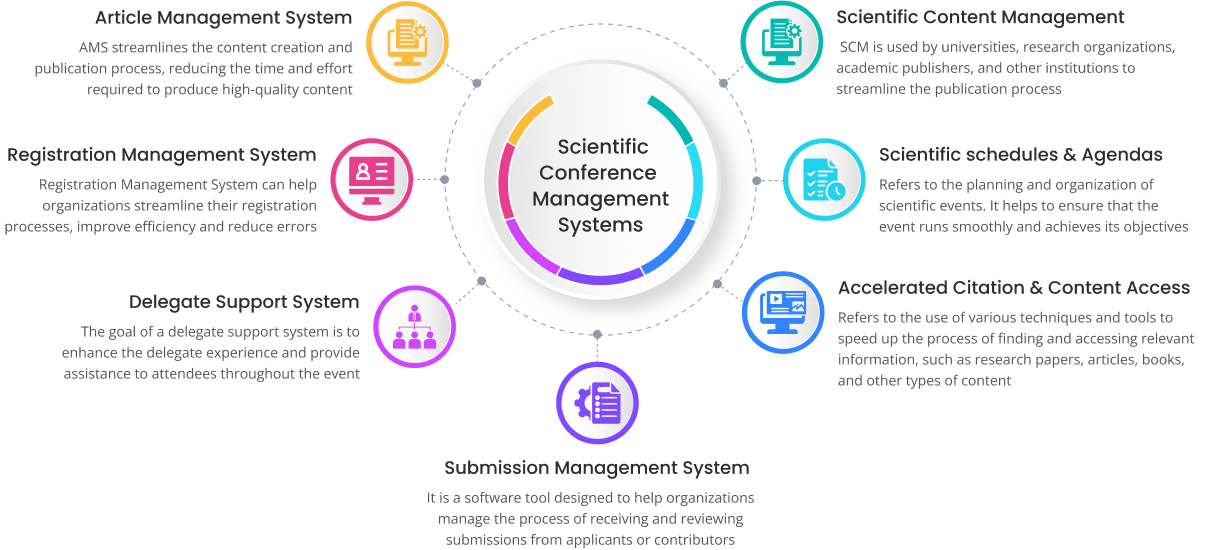
Join the Community to Organize
Organizing a conference for a specific community requires a slightly different approach than organizing a general conference.
- Identify the Purpose and Goals : Determine the purpose and goals of the conference. What are the key objectives? What are the benefits that attendees can expect? Identify the specific needs and interests of the community.
- Define the Conference Scope : Define the scope of the conference in terms of the geographic region, demographic, and interests of the attendees. Who are the target attendees? What are their interests and needs? Determine the size of the conference.
- Develop a Program : Develop a program that addresses the specific needs and interests of the community. Identify and invite speakers who are experts and thought leaders in the field. Create opportunities for attendees to network, share ideas, and collaborate.
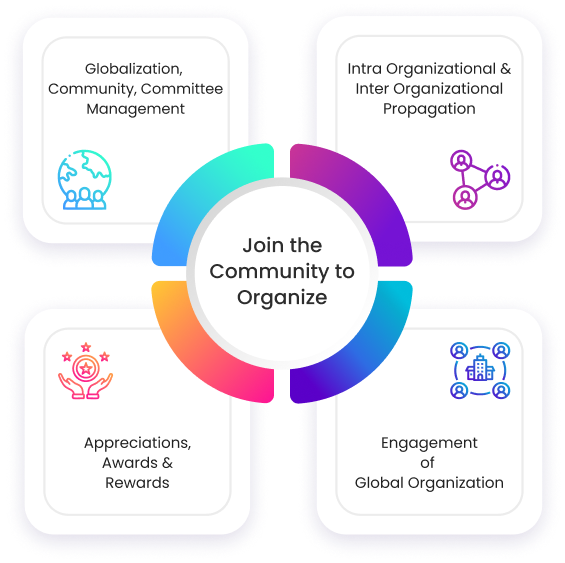
Global Promotion and Networking

Infrastructure & Convenience
Conference infrastructure and convenience refer to the physical and logistical elements that are necessary to make a conference successful and easy to attend.
- Venue : The conference venue should be easily accessible and have ample space to accommodate the number of attendees.
- Audio-visual equipment : The conference should have high-quality audio-visual equipment, including microphones, speakers, projectors, and screens, to ensure that everyone can hear and see the presentations clearly.
- Food and beverages : It is important to provide attendees with food and beverages throughout the conference, including snacks, coffee, and water.
- Networking opportunities : Conferences should provide ample opportunities for attendees to network and connect with each other. This can include designated networking sessions, social events, and breakout sessions.
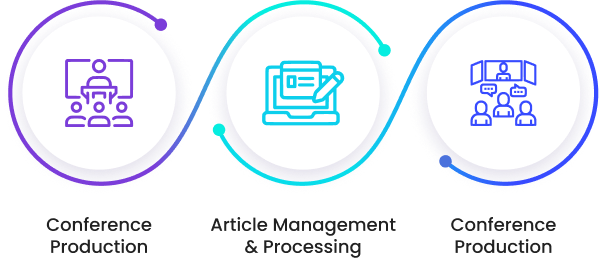
Corporate Services & Assistance
- Logistical Support : This may include services such as venue selection, transportation, accommodation, and equipment rentals.
- Event Planning : This may include services such as developing event themes, creating event schedules, coordinating speakers, and managing event budgets.
- Registration and Attendee Management : This may include services such as creating online registration forms, managing attendee databases, and providing onsite support.
- Marketing and Promotion : This may include services such as creating marketing materials, managing social media campaigns, and promoting the event to target audiences.
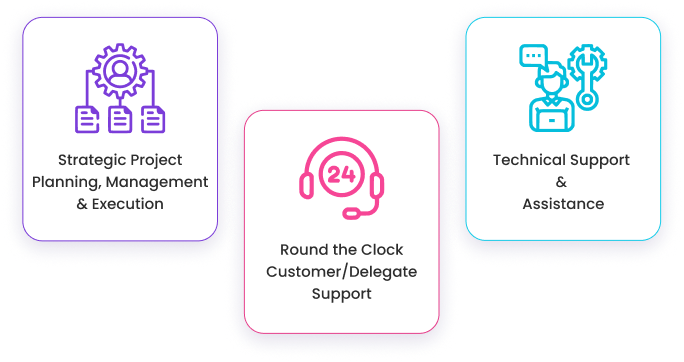
Publications & Citations
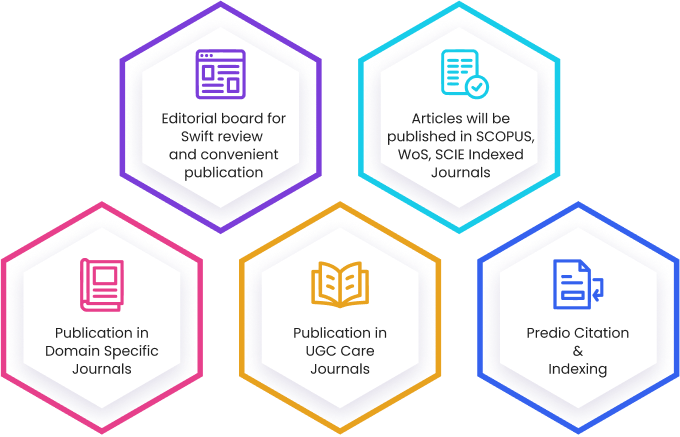
Complimentary Opportunities
- Complimentary opportunities are offered by IFERP as a way to provide additional benefits or value to customers or clients. These opportunities can come in various forms, including free products or services, exclusive access to events or experiences, discounts on purchases, or special perks.
- In the context of conferences, complimentary opportunities can refer to perks or benefits that are provided to attendees beyond their basic registration fee. For example, a conference may offer complimentary refreshments or meals during the event, provide access to exclusive networking opportunities or VIP areas, offer free conference materials or resources, or provide discounts or vouchers for local attractions or services.
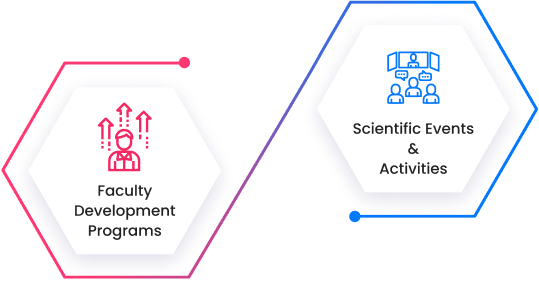
Tools & Technologies
- Project management tools : There are software platforms that help teams collaborate, plan, and execute projects by tracking tasks, deadlines, and milestones.
- Cloud computing services : There are platforms that provide on-demand access to computing resources like servers, storage, and databases.
- Communication and collaboration tools : There are platforms like Zoom, or Microsoft Teams that enable real-time messaging, video conferencing, and file sharing across teams and organizations.
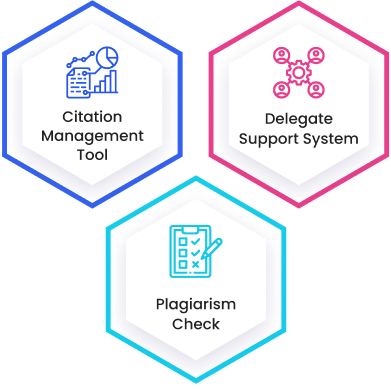
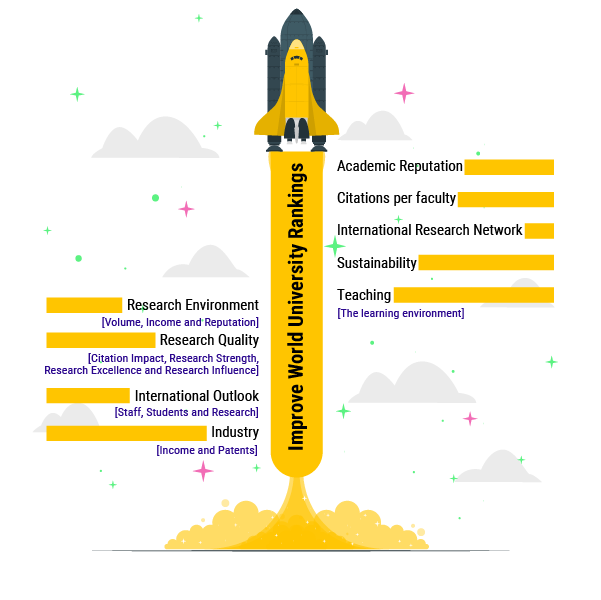
Why Partner with IFERP ?
.png) Academic Partner in IFERP International Conferences with 1 year
Institutional Membership
Academic Partner in IFERP International Conferences with 1 year
Institutional Membership
.png) CPD Accredited Conferences with CPD Credit Hours
CPD Accredited Conferences with CPD Credit Hours
.png) International Mobility Exchange Program
International Mobility Exchange Program
.png) Enhancing University’s QS Ranking and Reputation
Enhancing University’s QS Ranking and Reputation
.png) Enhancing University’s THE Ranking and Reputation
Enhancing University’s THE Ranking and Reputation
.png) Research and Development
Research and Development
.png) Author Services
Author Services
.png) Faculty Exchange Program
Faculty Exchange Program
.png) Student Exchange Program
Student Exchange Program
.png) Enhance and Elevate University's Global Presence
Enhance and Elevate University's Global Presence
Our Global Presence
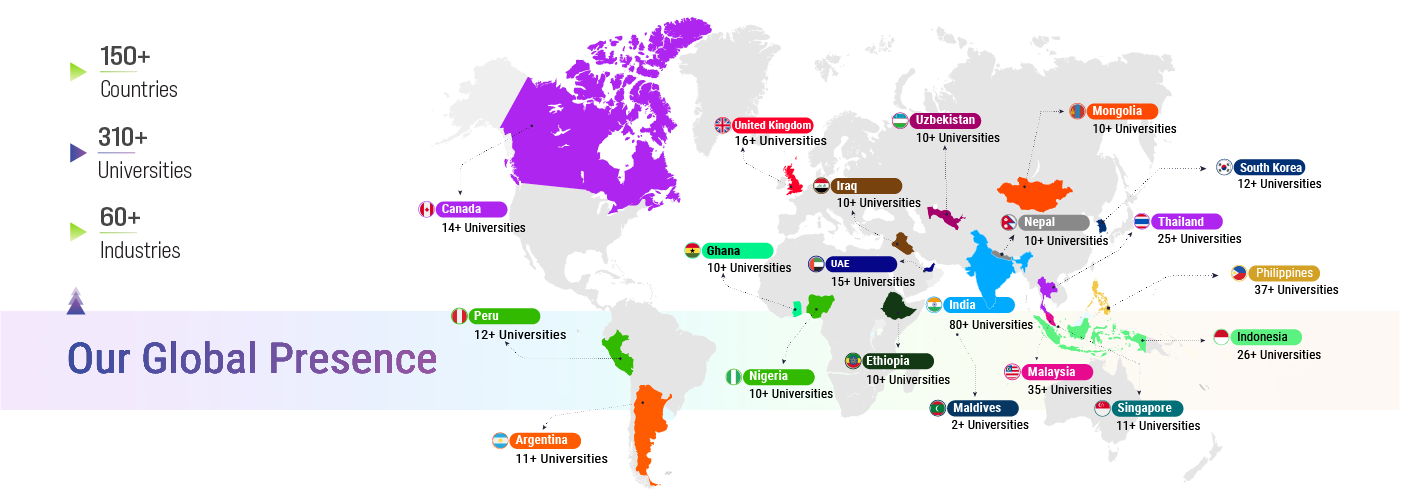


 Schedule a Call with us
Schedule a Call with us
























